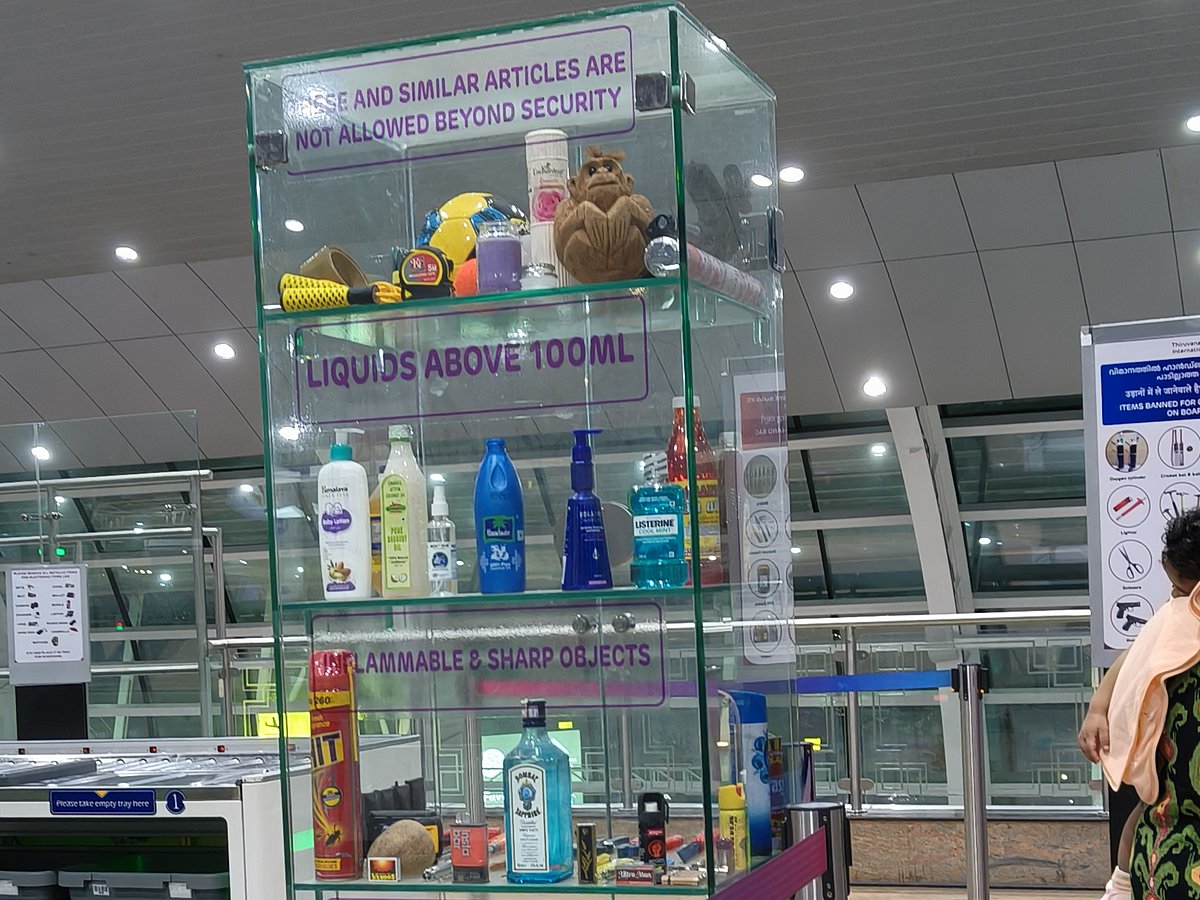New Battery Rules for UAE Travelers at Indian Airports
Recent changes in security protocols at Indian airports have raised concerns among travelers, particularly those flying from the UAE. Passengers are now facing stricter rules regarding the transportation of batteries in their hand luggage, which has led to confusion and frustration.
New Restrictions on Battery Carrying
At Thiruvananthapuram International Airport, security personnel have begun enforcing a limit of two batteries per bag for hand luggage. This includes common alkaline batteries such as AA and AAA cells. A traveler returning from Dubai reported that a sealed pack of five AAA batteries was reduced to just two during security screening. This incident highlights the growing scrutiny of battery transportation in light of safety regulations.
Airline Policies on Batteries
Emirates Airlines has specific guidelines regarding the transport of batteries. Passengers are permitted to carry spare batteries for portable electronic devices exclusively in their carry-on luggage. The airline allows a maximum of 20 spare batteries, provided each is individually protected to prevent short-circuiting. However, only two lithium batteries with a watt-hour rating between 100 and 160 Wh are permitted for consumer devices, while medical equipment can have batteries containing between 2g and 8g of lithium.
During a recent visit to Thiruvananthapuram airport, a display cabinet was observed near the screening area, listing various restricted items, including perfumes, lighters, and batteries. A Central Industrial Security Force (CISF) officer explained that the cabinet serves to inform travelers about the rules. He reiterated that while two batteries are allowed per bag, any additional batteries should be placed in a separate bag.
Enforcement of Existing Rules
The enforcement of these battery regulations is not entirely new; however, it has become more stringent. Security personnel have been actively removing excess batteries from passengers’ bags. An officer confirmed that only two batteries are permitted, regardless of their type. This has prompted airport staff to advise travelers against carrying packs of AA or AAA batteries, as they are easily detected by X-ray machines and may lead to confiscation.
Air India also adheres to similar guidelines, allowing a maximum of two spare batteries, each rated at 12V or less and not exceeding 100 watt-hours. These regulations are part of a broader list of prohibited items that the Airports Authority of India has established for safety reasons.
FAQs
What types of batteries are restricted at Indian airports?
Travelers are generally limited to carrying two batteries per bag, including common alkaline batteries like AA and AAA cells. Lithium batteries have specific watt-hour restrictions.
Can I carry more than two batteries if they are in a separate bag?
No, the current regulations state that only two batteries are allowed per bag, regardless of whether they are in separate bags.
What should I do if I need to carry more batteries for my devices?
It is advisable to avoid carrying packs of batteries altogether. If you must bring extra batteries, consider shipping them separately or checking with your airline for specific guidelines.
Conclusion
The tightening of battery regulations at Indian airports aims to enhance safety during air travel. Passengers traveling from the UAE should be aware of these restrictions and plan accordingly to avoid any inconvenience at security checkpoints. Staying informed about airline policies and airport regulations will ensure a smoother travel experience.
These new battery regulations reflect a broader trend in aviation security, where authorities are increasingly vigilant about potential hazards posed by electronic devices and their components. The rise in incidents involving lithium batteries, which can pose fire risks if damaged or improperly handled, has prompted many countries to revise their safety protocols. As a result, travelers are encouraged to familiarize themselves with both local and international regulations regarding battery transportation to ensure compliance.
Additionally, the Indian government has been proactive in enhancing airport security measures in response to global safety standards. This includes regular updates to the list of prohibited items and the implementation of stricter screening processes. As air travel continues to rebound post-pandemic, these measures are intended to safeguard passengers while maintaining efficient airport operations. Travelers are advised to arrive at airports earlier than usual to accommodate potential delays caused by heightened security checks.
Also Read:
New Digital Travel Rules for Schengen Countries Explained







